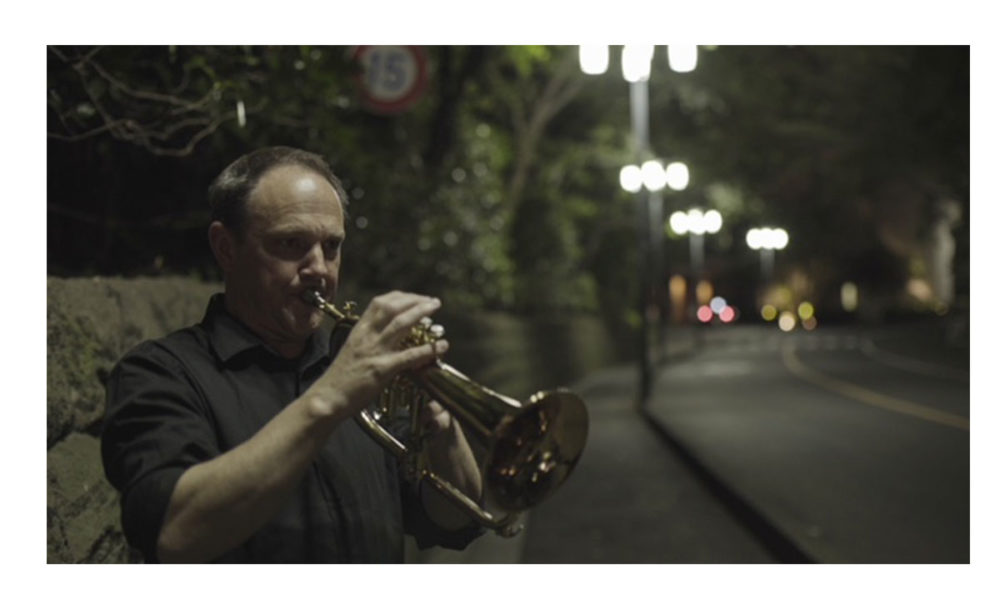It takes a three-part approach when training young brass players to be contributing members of an ensemble. These activities should be developed simultaneously as an integrated system, not a sequential one, as each activity opens the doorway to improvements in the other two areas.
Listening
The ear development of a young brass player will develop quickly if a program of general and specific listening occurs. The brass section will rely upon the low instruments for pitch and dynamic stability. Your entire ensemble can only grow as much as you can hear accurately. Challenge your band to listen down and hear the low brass.
General listening means making our students fans of music by listening to great music. I believe the best place to start is by giving young brass students recordings of military bands to provide them with a compass for developing their concepts of sound production and musicality.
Today’s young students can also be guided in their listening by posting audio materials online. Quick discussions comparing different tracks start the development process toward critical listening and musical taste.
Specific listening can start when doing work on the basics like mouthpiece buzzing. Doing call and response between the teacher and student can help train your brass players’ ears.
Memorizing
Memorizing any music helps all brass players to develop their tonal memory. The ear goal is to hear it before you play it.
Singing
An investment in singing is always a portal to better ears for playing instruments. The idea of singing together has the effect of equalizing the playing field across the ensemble.
Singing is also a steppingstone to help young brass players listen outside of their sections and hear both near and far across the ensemble. Even the youngest brass students can benefit very much from one-line melody singing (with accompaniment, with drones, or a cappella).


